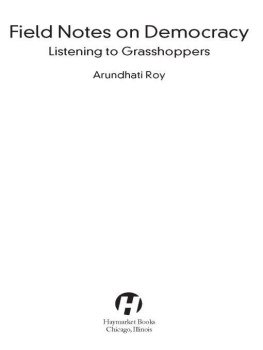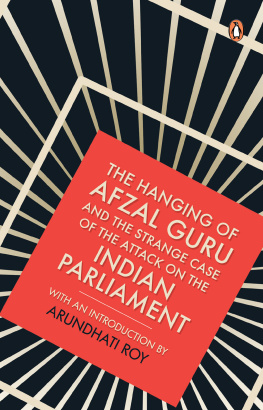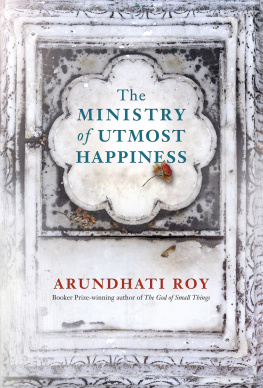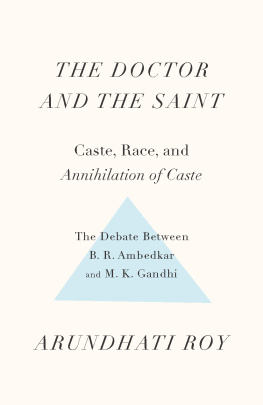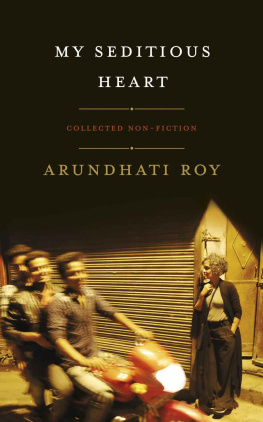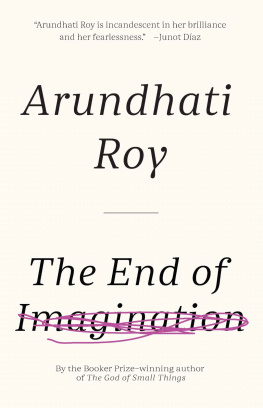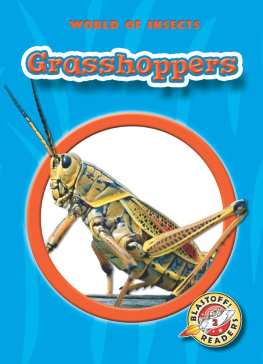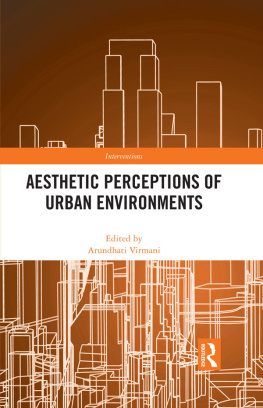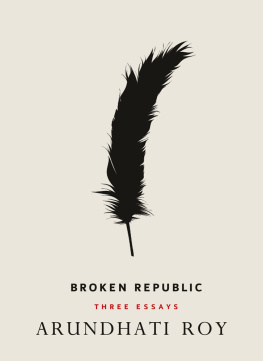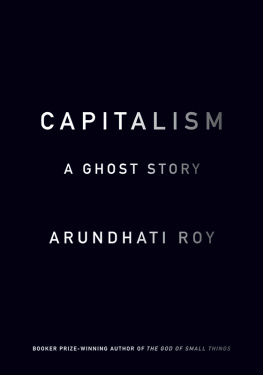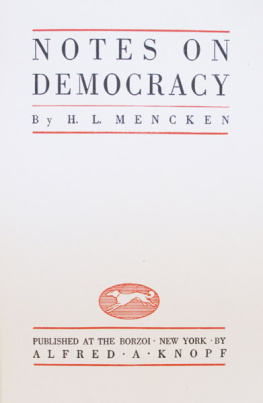Table of Contents
To those who have learned to divorce hope from reason
Where should we go after the last frontiers?
Where should the birds fly after the last sky?
Where should the plants sleep after the last breath of air?
The Earth Is Closing on Us
Mahmoud Darwish
Map not to scale
Introduction
Democracys Failing Light
While were still arguing about whether theres life after death, can we add another question to the cart? Is there life after democracy? What sort of life will it be? By democracy I dont mean democracy as an ideal or an aspiration. I mean the working model: Western liberal democracy, and its variants, such as they are.
So, is there life after democracy?
Attempts to answer this question often turn into a comparison of different systems of governance, and end with a somewhat prickly, combative defense of democracy. Its flawed, we say. It isnt perfect, but its better than everything else thats on offer. Inevitably, someone in the room will say: Afghanistan, Pakistan, Saudi Arabia, Somalia is that what you would prefer?
Whether democracy should be the utopia that all developing societies aspire to is a separate question altogether. (I think it should. The early, idealistic phase can be quite heady.) The question about life after democracy is addressed to those of us who already live in democracies, or in countries that pretend to be democracies. It isnt meant to suggest that we lapse into older, discredited models of totalitarian or authoritarian governance. Its meant to suggest that the system of representative democracytoo much representation, too little democracyneeds some structural adjustment.
The question here, really, is what have we done to democracy? What have we turned it into? What happens once democracy has been used up? When it has been hollowed out and emptied of meaning? What happens when each of its institutions has metastasized into something dangerous? What happens now that democracy and the free market have fused into a single predatory organism with a thin, constricted imagination that revolves almost entirely around the idea of maximizing profit? Is it possible to reverse this process? Can something that has mutated go back to being what it used to be?
What we need today, for the sake of the survival of this planet, is long-term vision. Can governments whose very survival depends on immediate, extractive, short-term gain provide this? Could it be that democracy, the sacred answer to our short-term hopes and prayers, the protector of our individual freedoms and nurturer of our avaricious dreams, will turn out to be the endgame for the human race? Could it be that democracy is such a hit with modern humans precisely because it mirrors our greatest follyour nearsightedness? Our inability to live entirely in the present (like most animals do), combined with our inability to see very far into the future, makes us strange in-between creatures, neither beast nor prophet. Our amazing intelligence seems to have outstripped our instinct for survival. We plunder the earth hoping that accumulating material surplus will make up for the profound, unfathomable thing that we have lost.
It would be conceit to pretend that the essays in this book provide answers to any of these questions. They only demonstrate, in some detail, the fact that it looks as though the beacon could be failing and that democracy can perhaps no longer be relied upon to deliver the justice and stability we once dreamed it would. All the essays were written as urgent, public interventions at critical moments in Indiaduring the state-backed genocide against Muslims in Gujarat; just before the date set for the hanging of Mohammad Afzal, the accused in the December 13, 2001, Parliament attack; during U.S. president George Bushs visit to India; during the mass uprising in Kashmir in the summer of 2008; after the November 26, 2008, Mumbai attacks. Often they were not just responses to events, they were responses to the responses.
Though many of them were written in anger, at moments when keeping quiet became harder than saying something, the essays do have a common thread. Theyre not about unfortunate anomalies or aberrations in the democratic process. Theyre about the consequences of and the corollaries to democracy; theyre about the fire in the ducts. I should also say that they do not provide a panoramic overview. Theyre a detailed under view of specific events that I hoped would reveal some of the ways in which democracy is practiced in the worlds largest democracy. (Or the worlds largest demon-crazy, as a Kashmiri protester on the streets of Srinagar once put it. His placard said: Democracy without Justice is Demon-crazy.)
As a writer, a fiction writer, I have often wondered whether the attempt to always be precise, to try and get it all factually right somehow reduces the epic scale of what is really going on. Does it eventually mask a larger truth? I worry that I am allowing myself to be railroaded into offering prosaic, factual precision when maybe what we need is a feral howl, or the transformative power and real precision of poetry. Something about the cunning, Brahmanical, intricate, bureaucratic, file-bound, apply-through-proper-channels nature of governance and subjugation in India seems to have made a clerk out of me. My only excuse is to say that it takes odd tools to uncover the maze of subterfuge and hypocrisy that cloaks the callousness and the cold, calculated violence of the worlds favorite new superpower. Repression through proper channels sometimes engenders resistance through proper channels. As resistance goes this isnt enough, I know. But for now, its all I have. Perhaps someday it will become the underpinning for poetry and for the feral howl.

Listening to Grasshoppers, the essay from which this collection draws its subtitle, was a lecture I gave in Istanbul in January 2008 on the first anniversary of the assassination of the Armenian journalist Hrant Dink. He was shot down on the street outside his office for daring to raise a subject that is forbidden in Turkeythe 1915 genocide of Armenians in which more than one million people were killed. My lecture was about the history of genocide and genocide denial, and the old, almost organic relationship between progress and genocide.
I have always been struck by the fact that the political party in Turkey that carried out the Armenian genocide was called the Committee for Union and Progress. Most of the essays in this collection are, in fact, about the contemporary correlation between Union and Progress, or, in todays idiom, between Nationalism and Developmentthose unimpeachable twin towers of modern, free market democracy. Both of these in their extreme form are, as we now know, encrypted with the potential of bringing about ultimate, apocalyptic destruction (nuclear war, climate change).
Though these essays were written between 2002 and 2008, the invisible marker, the starting gun, is the year 1989, when, in the rugged mountains of Afghanistan, capitalism won its long jihad against Soviet Communism. (Of course, the wheels in spin again. Could it be that those same mountains are now in the process of burying capitalism? Its too early to tell.) Within months of the collapse of the Soviet Union and the fall of the Berlin Wall, the Indian government, once a leader of the Nonaligned Movement, performed a high-speed somersault and aligned itself completely with the United States, monarch of the new unipolar world.




